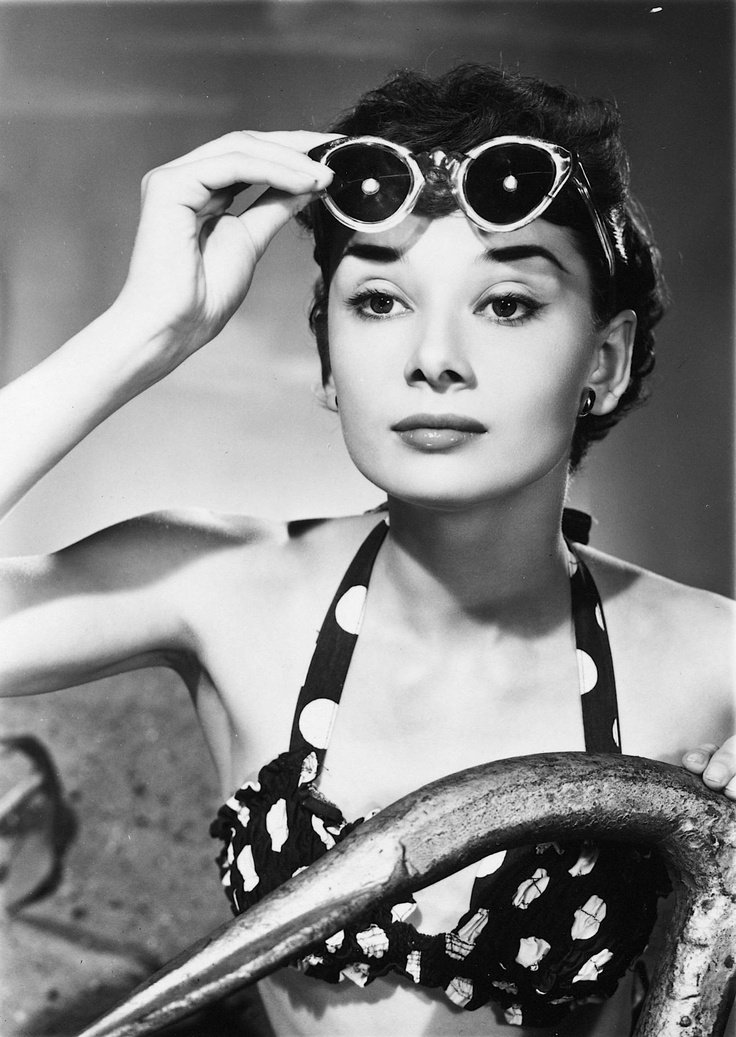
Insert Snarky Title Here
This semester, not only have I learned a lot, but I have made amazing friends. Through these friends, I have learned many things as well. One of the premises of Literacy Studies is that there are many types of literacy other than the traditional definition of reading and writing. Before I took this class I probably would have only added the addendum that computers are a third type of literacy, but now I know that there are all kinds of literacies outside those bounds. I have learned, through classwork and through my new friendships, that there is a new type of literacy to encounter everywhere I look. I have learned to navigate a multitude of new apps and communication formats in a manner of a few months all because of the interactions in this class.
One of my favorite articles from this semester was Keri Franklin’s “The Twitter Essay”. I related to Keri’s point of view because I too was terrified to compose my first actual tweet. Kim assigned us an exercise in class during which she expected us to not only compose a tweet, but to come up with a “hashtag” to use for the entirety of the semester. During this exercise, I learned that while twitter and Instagram are slightly similar, the use of hashtags is vastly different. Being new to most forms of social media, such as Twitter, Instagram, and Snapchat, I assumed that they all employed the same uses for this apparatus. Not knowing the proper literacy skills for the platform on which you are attempting to communicate can be an embarrassing flaw, and I’m afraid that the learning curve for these literacies leaves much room for humiliation. This is what I have found to be true of all new forms of literacy. One must not be afraid to fail, and quite probably fail often, in order to learn. This lesson has been taught to me by experience on social media, and by Kim, who has told us that we should not be afraid of failure.
In my new friends, I have also found new sponsors to my literacy learning practices. People who help to shape the way that I learn and who will help me to minimize failures. They have an impact on me now, much like my family had an impact on me in my childhood. They are teaching me how to read images I see in the media, how to interpret hashtags, and how to understand what’s really going on in the so-called “twitterverse”. They are, in effect, my new parents. My parents were my first sponsors of literacy; they read me stories every night before bed, and once I could read on my own, they fueled my addiction by practically giving me my own library. They gave me my first access to a computer, and my mother sat with me for hours to teach me how to type properly. Now my classmates have done the same. They are coaching me through the slang, they help me to figure out what to do and what not to do, and overall they make me feel included, which is an integral part of any new form of literacy. These sponsors, friends and family, help to mold who we are and who we become, and help us to shape our futures.
Many teachers are realizing that they can have an even greater impact on their students by teaching them to participate in creating their own literacies. Kim has integrated participatory culture into our class, but for some of us, it may be too late to try to teach us to create rather than simply consume. It is best to begin these practices early. One great example of a teacher integrating this into their classroom is Kristin, a teacher studied in the book “Writing Superheroes”. She teaches her second graders a practice called “Author’s Theater”, in which her students write screenplays about subjects that interest them, then recruit their classmates to help them act those plays out. I spent a lot of time reading this book and I realized that had I been raised and taught in a school with these kinds of values, I would have a completely different outlook on life, and I would probably be more able and willing to create some culture of my own, as opposed to merely consuming culture in mass quantities. I have had at least one class each semester since I began at Chico State in which I have had to write blogs. Only toward the end of each semester did I become comfortable with the idea of my thoughts being put out into the world for anyone to see. Had I been given the opportunity to share my thoughts with more people in my schooling, this would have been a much less harrowing experience.
I would like to quote an early blog from this semester in which I give my thoughts on literacy. “When I hear the word literacy, I think of the line between being literate and illiterate. That line has now been blurred for me, as I am struggling to learn that literacy does not merely mean the ability to read and write. I can’t exactly pinpoint the definition of what literacy is, but I know that it involves basically everything in our lives, from the clothes we wear to the texts and tweets we compose. The innumerable amount of things that we must learn to be considered literate and the number of people who help us to reach that literacy are changing every day.” Now, I know that this is a large quote, but I feel that it captures the essence of what I have come to learn that literacy can encompass. I feel as if the biggest stride for me, and probably for many of my classmates, came on the first day of class, when we established that literacy wasn’t just about whether you sign your name or an “x” on the line. It isn’t about whether or not you can read the letters that make up street signs, but it is about what you understand of the world around you and what methods you use to interpret it.
Now that the semester has come to an end, I am amassing many literacy practices that I feel I will continue to utilize. Not only will the social media apps be used, but I will use the ideas surrounding acceptance, understanding, and creating that I have learned to make sure that I am no longer a passive consumer. I feel that I have mastered the social media aspect, and I will attempt, over my semester abroad, to hone my blogging skills. I still am not quite sure what literacy really is, but I have grown so much over the last few months, and I think that growth is a part of it. I was introduced to so many new opportunities and experiences this semester that I will be able to use throughout my life. While I may still be rather illiterate when it comes to technology, I feel like after Kim’s class I have one foot in the door. Hopefully I can help to contribute to society, and maybe even to someone else’s learning practices someday too.





 Website:
Website: